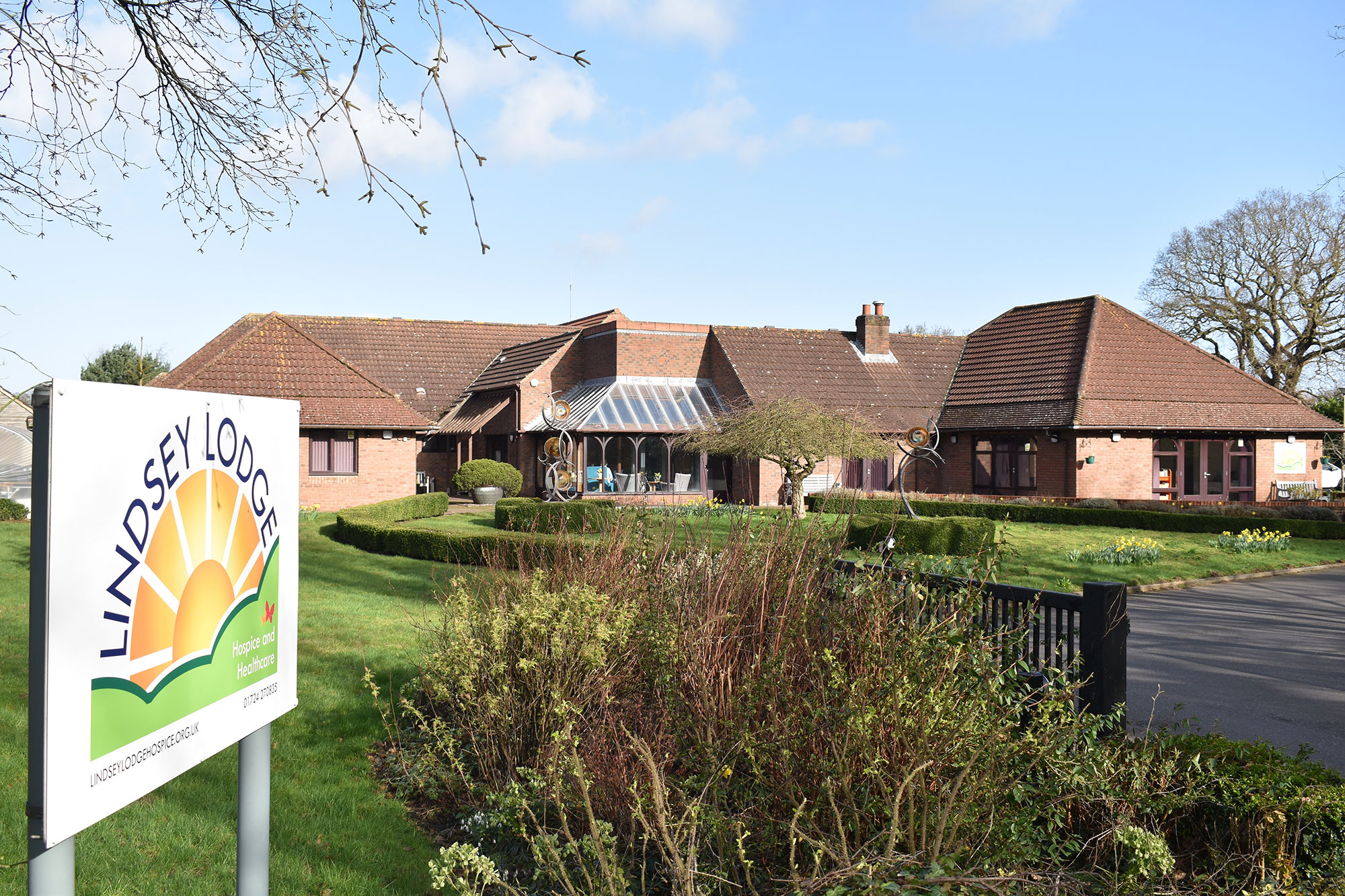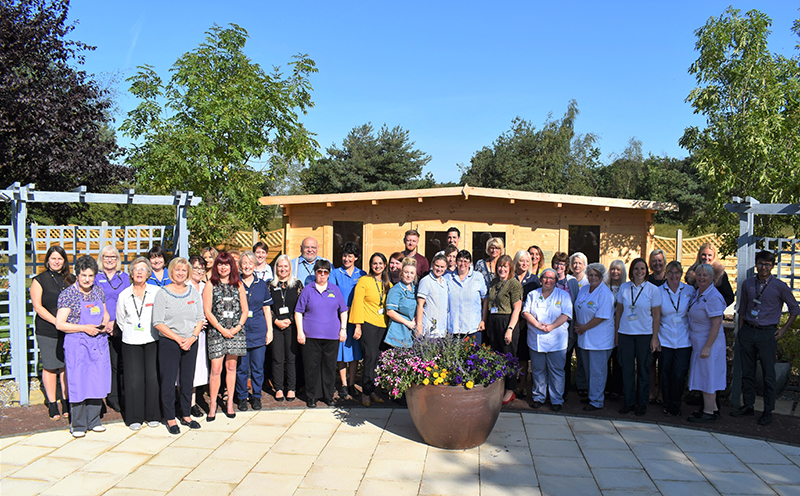
Get in touch by completing the form below:

The Butterfly Line
The Butterfly Line is a new service available 24 hours a day, seven days a week, to ensure that North Lincolnshire palliative and end of life patients, their families and carers are supported with appropriate, timely palliative and end of life care advice from specialist nurses working at Lindsey Lodge Hospice and Healthcare.
Referrals
All referrals to Lindsey Lodge Hospice can be made by phone or via our referral form.
We accept referrals from health care professionals responsible for the patient’s care, or their representative.
Patients and family members may refer to the Hospice direct.
We always discuss a referral with any known health care team before accepting to understand the views of everyone involved.
Our direct referral line for our Inpatient Unit is 07434860292.
The referral number for our Wellbeing Centre is (01724) 270835.
Compliments, comments, concerns and complaints
We’re always keen to hear how patients, families/carers and members of the public, feel about their experience at the Hospice or when accessing any of our services.
Please inform us of any issues with which you are unhappy or any areas where you feel we can improve.
Should you wish to make a complaint, raise a concern, make a comment or compliment please discuss with any member of staff.
The hospice takes any concerns/complaints about your experience very seriously and will ensure these are dealt with in an efficient timely and open manner, in line with our policy for the procedure and management of complaints, concerns, comments and compliments.
We will discuss with you your preferred point of contact e.g. face to face, by telephone, email or letter. On conclusion of local resolution if you are not satisfied you have the right to refer the complaint to the Parliamentary and Health Service Ombudsman (PHSO).
Financial Support & Advice
We recognise that 90,000 people die in poverty every year in the UK. Many are driven into poverty as a result of reaching the end of their lives. The combination of income loss and additional costs brought on by terminal illness can lead to significant financial strain and drive even families who are previously getting by into poverty.
1 in 4 terminally ill people of working age spend the last year of their lives in poverty. Women are more likely to fall below the poverty line at the end of life than men. Working age people with children are more likely than any other group to fall below the poverty line at the end of life.
There is help available, but knowing where to look for this can be confusing, particularly when you are feeling unwell or juggling medical treatments. Below are a few websites that can offer advice and support.
Advice and signposting on finances. Include a benefits calculator.
www.mariecurie.org.uk/help/support/benefits-entitlements
www.macmillan.org.uk/get-involved/campaigns/money-worries
Financial support, advice and guidance
www.northlincs.gov.uk/people-health-and-care/financial-support-advice-and-guidance/
https://www.gov.uk/browse/benefits
Discretionary Housing Payments – short term measure to assist households from severe financial hardship
www.northlincs.gov.uk/council-tax-benefits-and-housing/council-tax-financial-support-and-advice/#1535119326610-79c2b662-4261
Citizen’s Advice
www.citizensadvice.org.uk
Debt advice
www.nationaldebtline.org
www.stepchange.org
